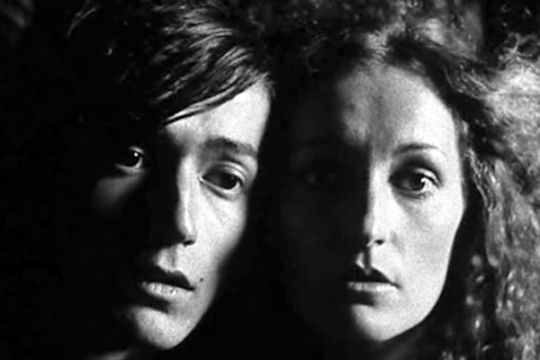Acéphale

Synopsis
"Acéphale is a film divided within itself. It is the black and white, ascetic, confession of someone who knows what it feels like to: lose oneself in the arcades of utopia, in the garden of madness, yet to live at the same time at the beginning of the freedom. In the faces of the young people who make up the slender substance of this film, we can read intense emotion, or fear, but certainly, a moment of historic adventure, which is the quintessence of any Zanzibar film." – Philippe Azoury"Film, mental material, lets loose the space it creates. The cinema produces an unbearable world. It does not stand for the beatification of poetry. It requires reality." – Patrick Deval
"All of the Zanzibar members were inspired by a kind of quest, by a research for the light, and a certain desire for purity. In describing the hero of Acéphale as a 'searching head' (une tête chercheuse) Patrick Deval sums up this proclivity. In the same film, there is a memorable shot of the film’s youthful band spread out on a fence, illuminated from behind. They are like moths hovering around a light bulb." – Sally Shafto
In the history of cinema, Zanzibar refers to about fifteen films, made by an informal association of diverse persons between 1968-1972, and all generally financed by Sylvina Boissonnas. Almost all those who were involved in the Zanzibar films had been on the barricades of May 1968. Their films give witness to the importance of that historical moment in recent French history.